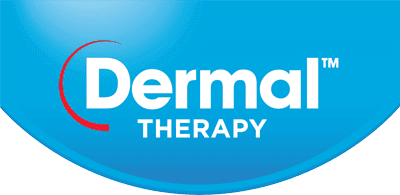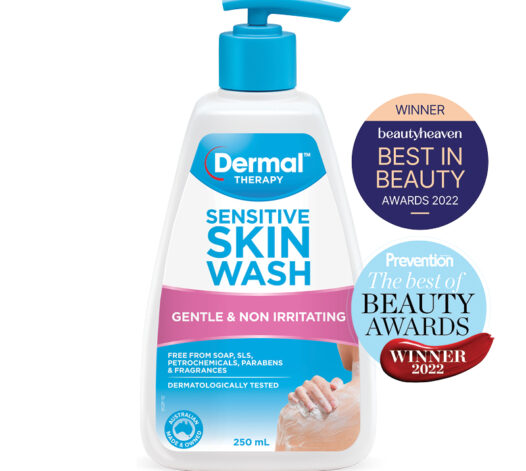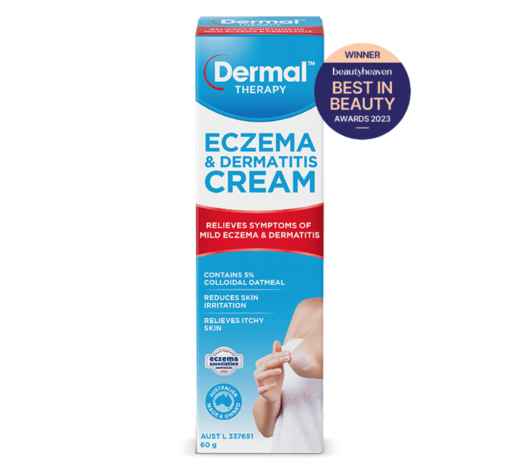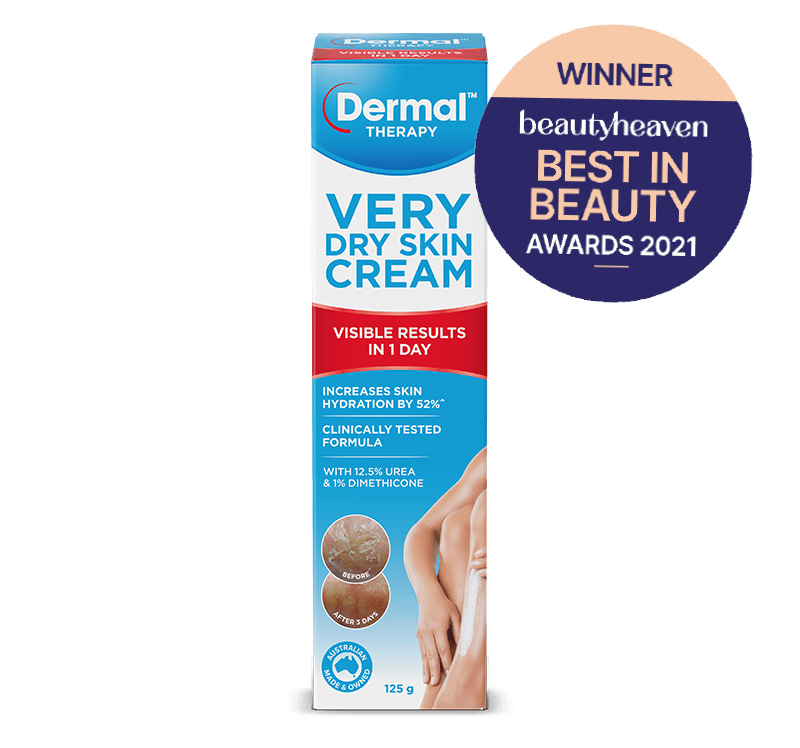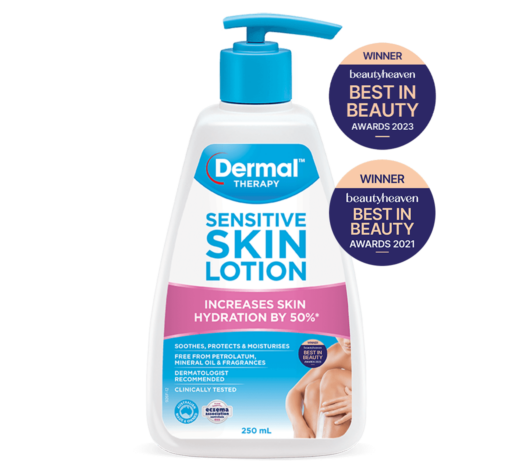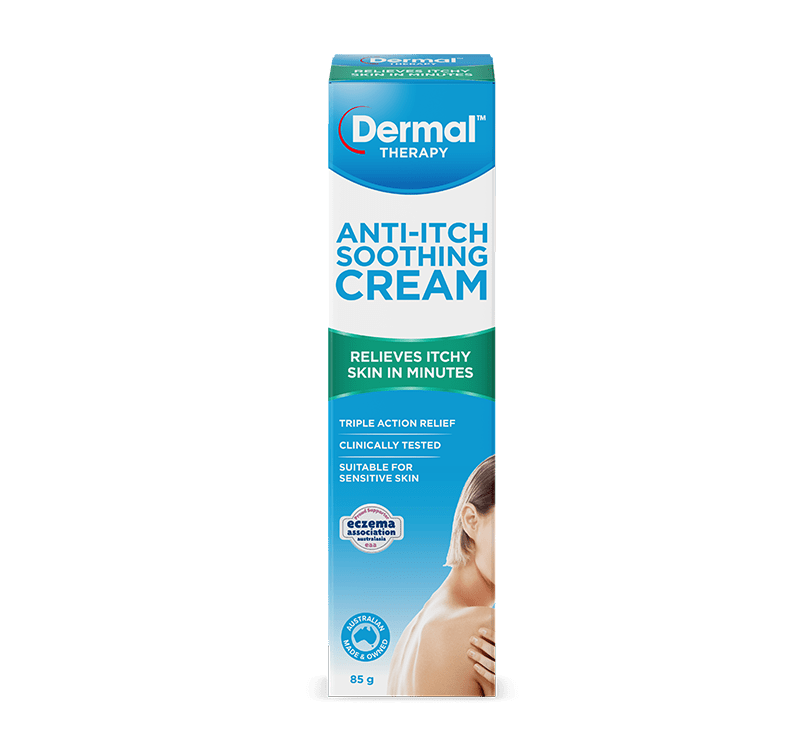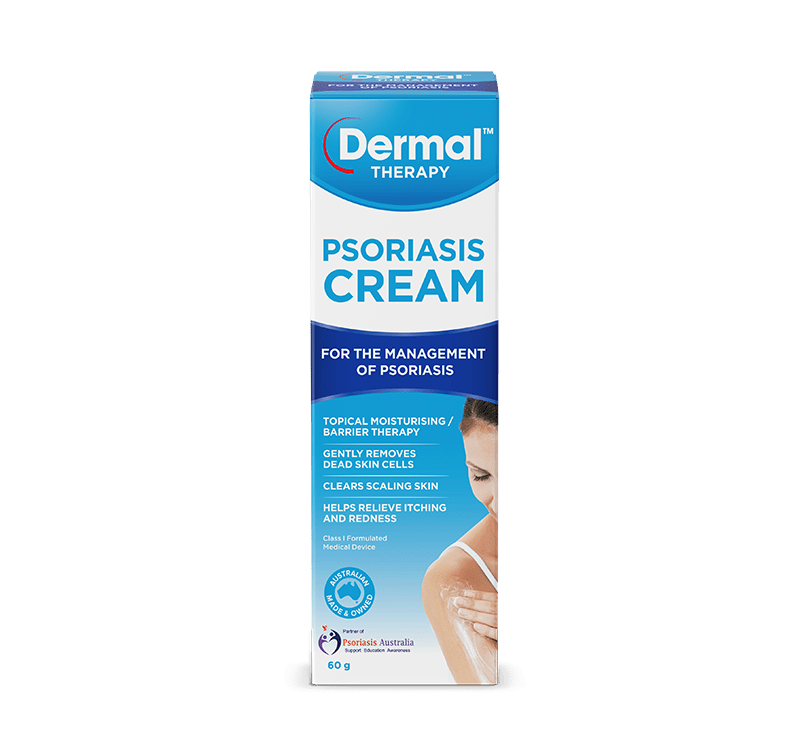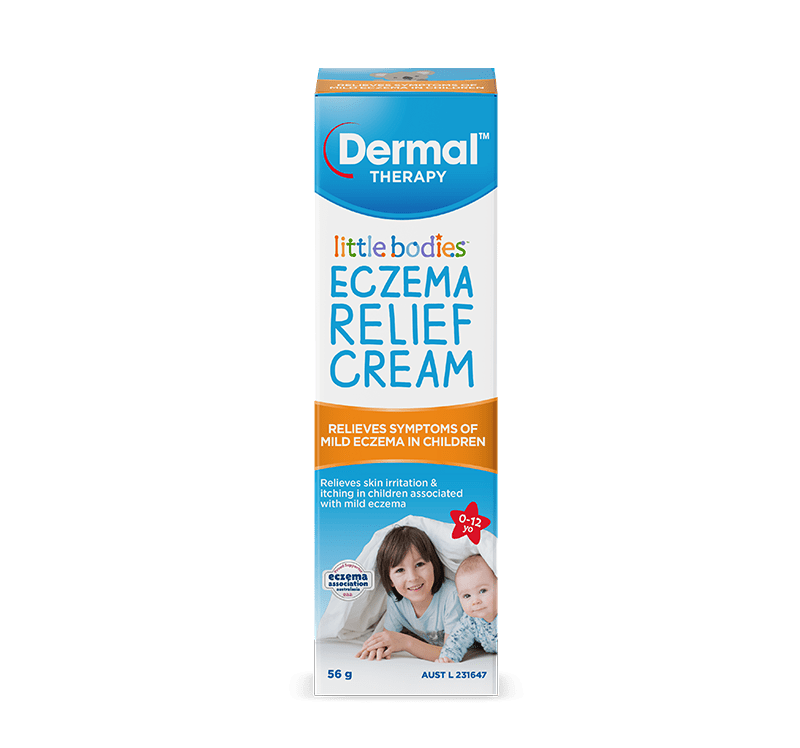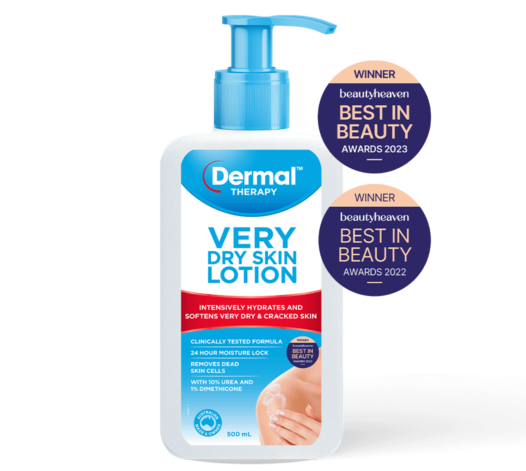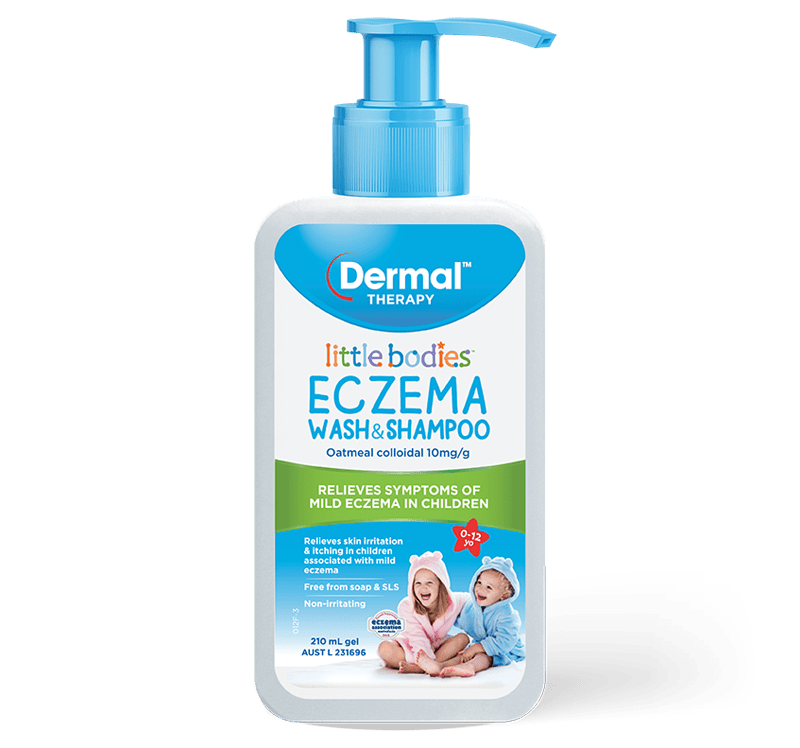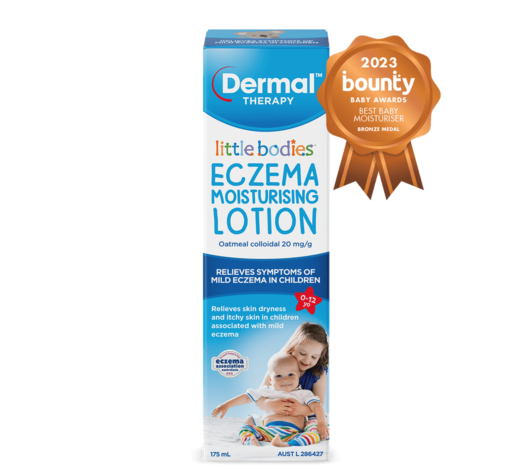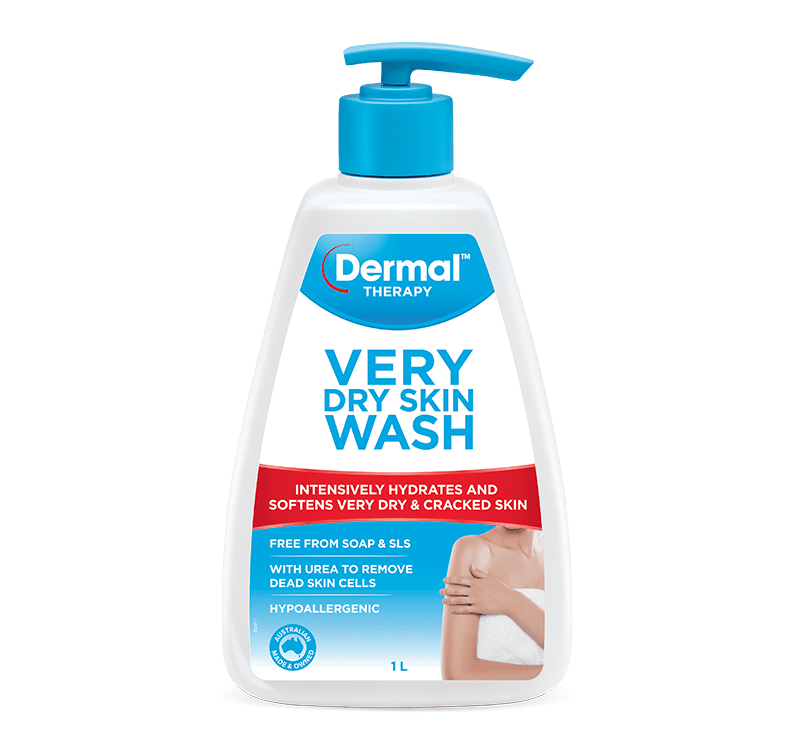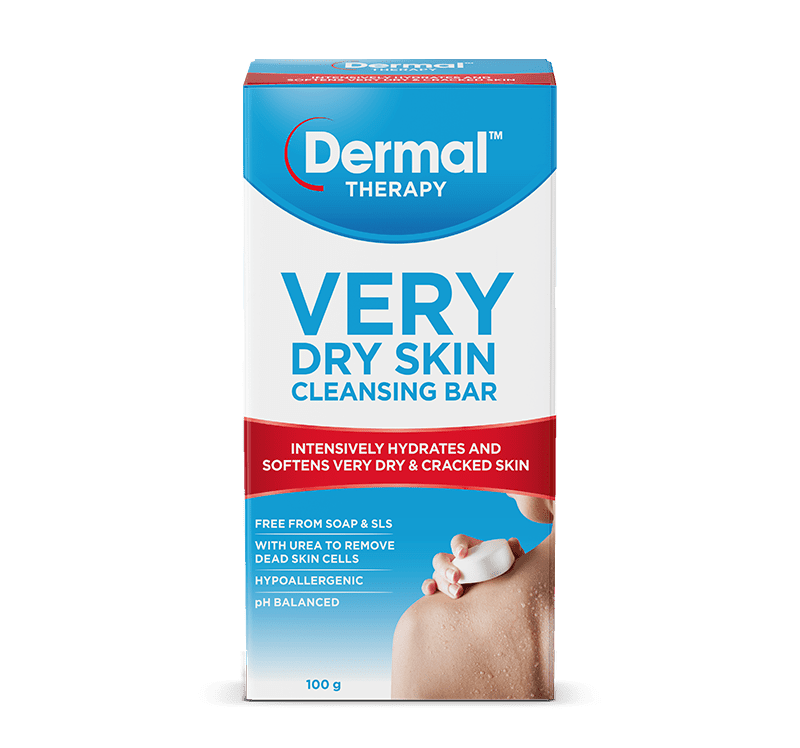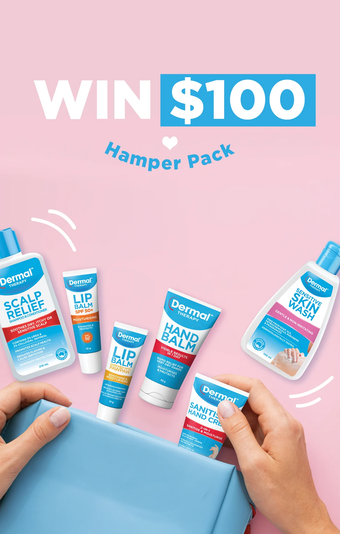What’s The Difference between Eczema vs Psoriasis
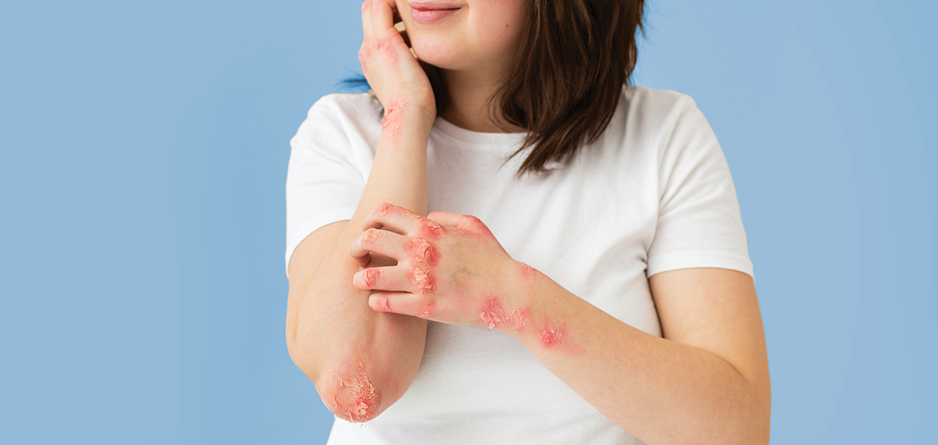
Area
Eczema & Dermatitis PsoriasisSkin conditions can be frustrating and uncomfortable, and two common culprits often confused are Psoriasis and Eczema . They both share some similarities, including red, itchy, and inflamed skin, but they are distinct in their causes and treatments. Understanding the key differences between Psoriasis and Eczema can be the first step in effectively managing these conditions.
Eczema: The Essentials
Eczema, also known as atopic dermatitis, is a chronic skin condition that primarily affects children but can persist into adulthood. It is often linked to a family history of allergies and asthma. Unlike Psoriasis, Eczema is not an autoimmune condition. Instead, it’s classified as a type of hypersensitivity reaction of the immune system.
Eczema is characterised by an impaired skin barrier, which allows irritants and allergens to penetrate the skin easily. This triggers inflammation, which results in the typical symptoms of Eczema.
Recognizing Eczema:
Dry, Itchy Skin: Eczema often presents as dry, itchy, and sensitive skin. The itching can be intense, leading to scratching and further skin damage.
Red or Brown Patches: The skin may develop red or brown patches, which can become raised, thickened, and scaly with time.
Common Sites: Eczema tends to affect the inner creases of the elbows and knees, as well as the neck, wrists, and ankles. It can also occur on the face in infants.
Psoriasis: The Facts
Psoriasis is a chronic autoimmune condition that primarily affects the skin. It’s not contagious, and its exact cause remains the subject of ongoing research. However, we do know that genetics, immune system dysfunction, and environmental factors can play a role in its development.
The hallmark of psoriasis is the rapid turnover of skin cells. In a normal skin cycle, it takes about a month for skin cells to mature, move to the surface, and then shed. In psoriasis, this process is significantly accelerated, taking only a few days. As a result, the skin doesn’t have time to shed properly, leading to the accumulation of excess skin cells on the surface.
The Telltale Signs of Psoriasis:
Red Patches: Psoriasis typically presents as red, raised patches of skin covered with silvery-white scales. These patches are often itchy and may be painful or tender.
Common Sites: Psoriasis commonly appears on the elbows, knees, scalp, lower back, and the nails. However, it can occur on any part of the body, including the palms and soles.
Possible Complications: Psoriasis can lead to complications like psoriatic arthritis, which affects the joints. It can also be associated with other health conditions, including diabetes, cardiovascular disease, and depression.
Eczema vs. Psoriasis: Key Differences
Age of Onset: Eczema usually appears in childhood, whereas Psoriasis often develops in adulthood. However, Psoriasis can occur at any age.
Appearance: Psoriasis is characterised by well-defined, raised red patches with silver-white scales. Eczema presents as itchy, dry, and sensitive skin with red or brown patches that can become thickened and scaly.
Locations: While both conditions can appear on various body parts, eczema tends to favour the inner creases of joints, while psoriasis often affects the elbows, knees, lower back, and scalp.
Itching: Both Psoriasis and Eczema can be itchy, but the itch associated with Eczema is often more intense and persistent.
Causes: Psoriasis is related to an overactive immune system and genetic factors. Eczema is linked to a compromised skin barrier and an allergic or hypersensitivity response.
Treatment Approaches
Effective management of Eczema and Psoriasis often involves distinct treatment approaches.
Psoriasis:
Topical Treatments: Psoriasis creams, ointments, and shampoos containing corticosteroids, vitamin D analogs, or retinoids can help reduce inflammation and slow skin cell turnover.
Some topical treatments you can buy over-the-counter (OTC) which means you do not need a doctor’s prescription. Alternatively, prescription topicals usually consist of stronger steroids (corticosteroids) and when using steroids you must be careful to follow your doctor’s directions.
Phototherapy: Exposure to ultraviolet (UV) light can be beneficial in treating Psoriasis. Controlled UVB or psoralen plus UVA (PUVA) therapy may be prescribed by a healthcare provider.
Oral or Injectable Medications: In severe cases, oral or injectable medications that target the immune system may be recommended.
Eczema:
Over-the-counter (OTC) treatments can help prevent Eczema flare-ups and relieve symptoms, such as itching and irritation. OTC Eczema treatments include emollients, moisturisers, topical hydrocortisone cream (corticosteroids), antihistamines, and pain relievers. These over the counter Eczema treatments can be effective and reduce the need for stronger prescription medications, which may have side effects.
Emollients: Moisturising creams and ointments are essential for maintaining skin hydration and minimising irritation, such as Dermal Therapy Eczema & Dermatitis Cream
Prescription Topical Corticosteroids: These medications are used to reduce inflammation during Eczema flare-ups.
Topical Calcineurin Inhibitors: Non-steroidal creams or ointments that suppress the immune response in the skin.
Antihistamines: These can help alleviate itching and improve sleep during Eczema flare-ups.
Scalp Relief Products: If you’re suffering from Seborrheic Dermatitis, there are products that offer relief from dry, itch, sensitive and flaky scalps such as Dermal Therapy’s Scalp Relief Serum and Scalp Relief Shampoo & Conditioner.
To sum up, Psoriasis and Eczema are distinct conditions with their unique causes and characteristics. While they share some similarities, understanding the key differences is crucial for accurate diagnosis and effective management. If you or someone you know is living with Psoriasis or Eczema, remember that there are treatment options available.
Dermal Therapy offers a range of products that can treat and manage both skin conditions including our Eczema & Dermatitis Cream proudly supported by the Eczema Association Australia and our Psoriasis cream, which is proudly supported by Psoriasis Australia, so you can feel confident knowing that the experts trust it.
References
nationaleczema.org
eczema.org.au
eczemasupport.org.au
ncbi.nlm.nih.gov/pmc/articles/PMC8140694/
betterhealth.vic.gov.au/health/conditionsandtreatments/psoriasis
